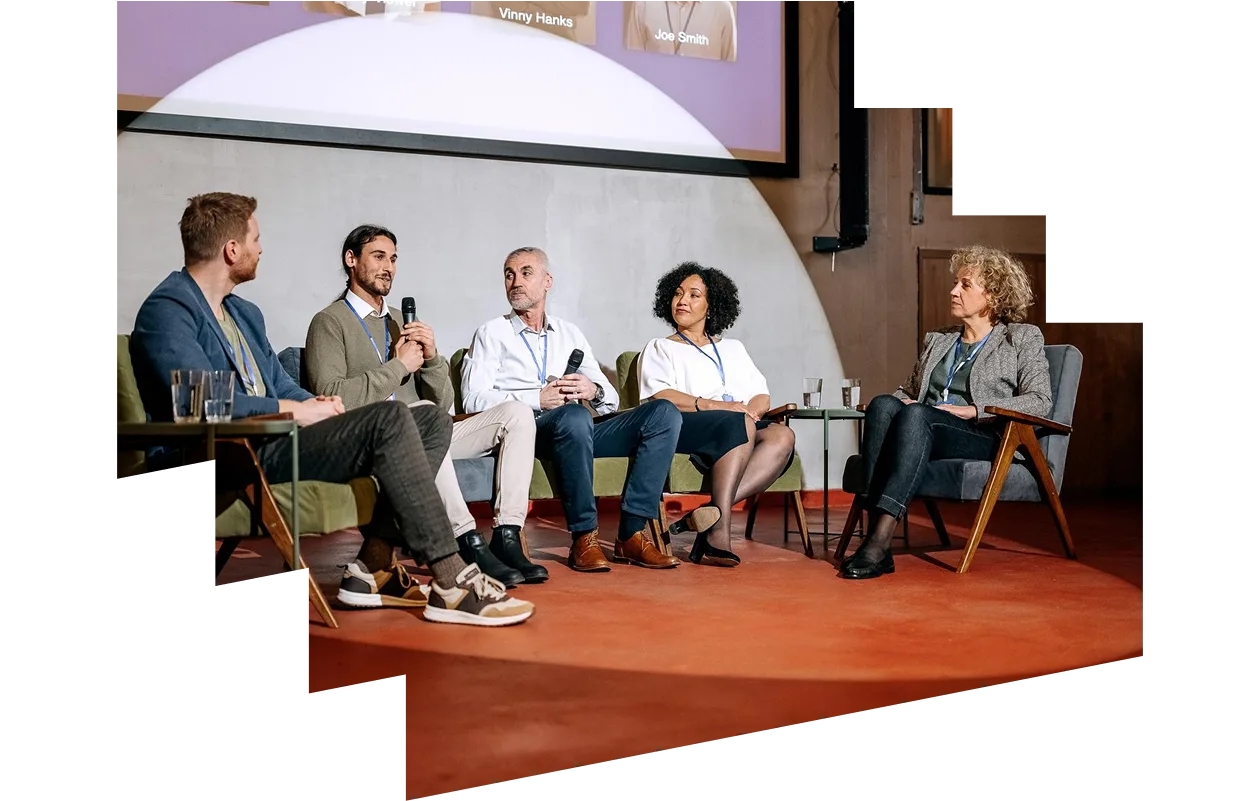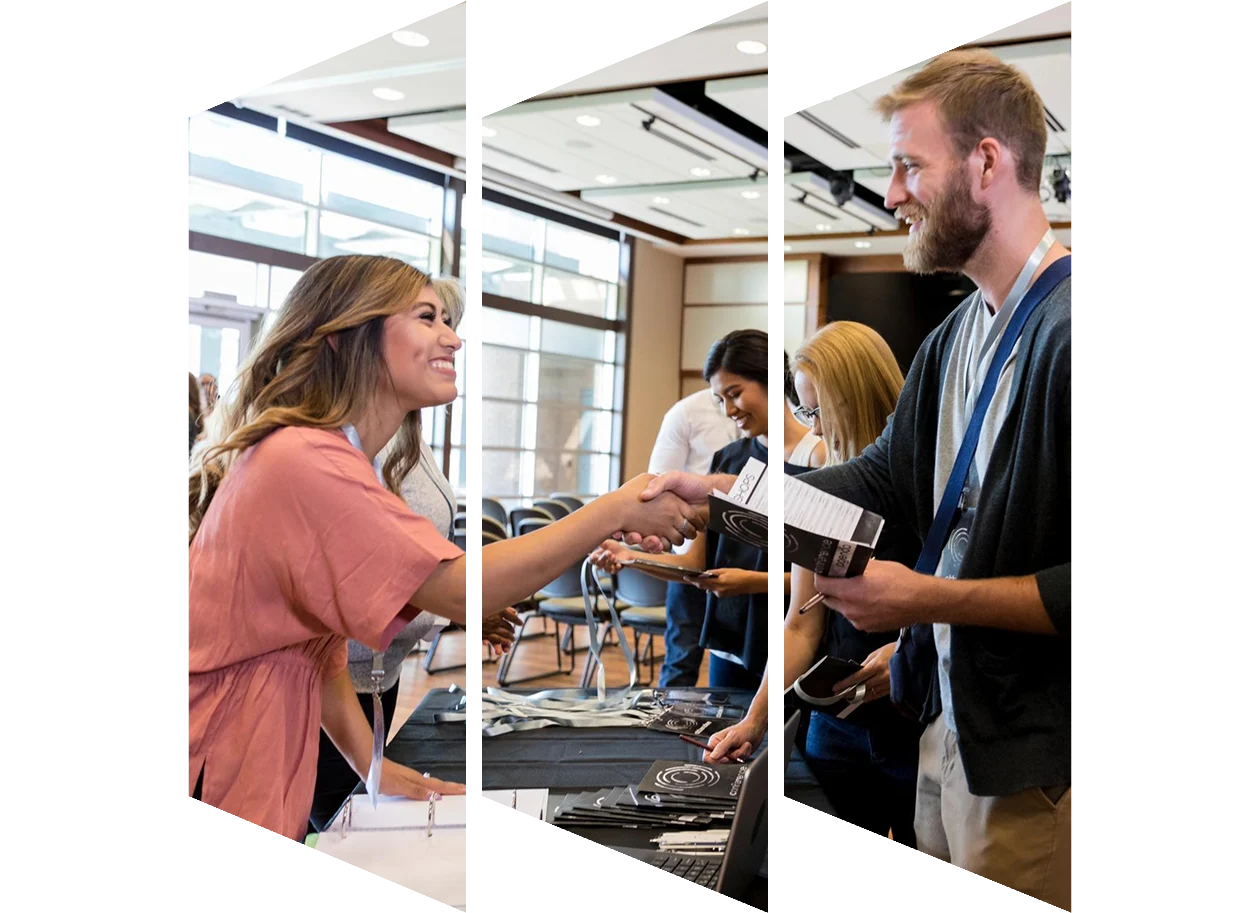Keynote and invited talks from renowned speakers

Meet the esteemed committee members and speakers participating in the conference.
Unfortunately we don't fully support your browser. If you have the option to, please upgrade to a newer version or use Mozilla Firefox, Microsoft Edge, Google Chrome, or Safari 14 or newer. If you are unable to, and need support, please send us your feedback.
We'd appreciate your feedback.Tell us what you think!
23-26 June 2025 | Sitges, Spain
The Materials Today Conference 2025 is organised by Elsevier in association with the Materials Today journals.
Follow us: #MaterialsToday2025

Organised in partnership with the Materials Today family of journals, the Materials Today Conference offers the materials science community a highly-visible platform to showcase their latest and novel research alongside Materials Today authors, reviewers and editors with publication opportunities for accepted authors in addition to a number of awards.
This second conference in the series focuses on how materials science research plays a vital role in addressing major global challenges. A comprehensive three-day program will be focused on the following four key areas:
(a) Materials for Electronics and Quantum
(b) Materials for Energy and Sustainability
(c) Structural Materials
(d) Materials for Health
The conference will offer the materials science community an exciting and highly visible platform to showcase their latest and novel research. The vibrant setting will also allow for close interactions between distinguished speakers and like-minded scientists.
The conference welcomes all materials scientists, regardless of what stage they are at in their research careers. Attendees will be able to discover, share and discuss the latest and most novel research in the materials science field.
Abstract submission (talks): 21 February 2025 Abstract submission (posters): 25 April 2025 Author notification deadline: 12 March 2025 Author registration/ early bird deadline: 11 April 2025
We encourage an inclusive and diverse attendance, with gender and geographical balance among scientists, in order to represent different perspectives in materials science. Rising Stars, Agents of Change Awards in Materials Science will be announced. Furthermore, the conference is set out to initiate a forum to monitor and drive developments and innovations related to future challenges in Materials Science.
The following Awards will be given at the conference:
Poster Awards
Accepted poster submissions are eligible for our Best Poster Awards with 3 winners per topic track, evaluated and voted for by your peers. Finalists will be judged by a committee of experts. All twelve winners will be announced at the closing ceremony.
Best Oral Talk Awards
Accepted contributed talks are eligible for four Best Oral Talk Awards - one for each topic track. Interested authors should complete the self-nomination form by Monday 2 June 2025. The scientific committee will attend your talk and the winners will also be announced at the closing ceremony.
Evaluation criteria include the following aspects:
Content: the presented topic is relevant to the field and presented clearly by outlining hypothesis, methods result, and discussion;
Organisation: the presentation is organised and structured with clear and logical headings to guide the audience through the talk;
Delivery: the presenter is clearly audible while presenting his/her work and maintains good eye contact with the audience which invokes interest, while using visual aids effectively;
Originality: the work presented is original and innovative and introduces unique ideas demonstrating scientific novelty;
Impact: the work presented is scientifically significant with practical or theoretical implications demonstrating a high level of impact and importance in the respective field
Travel Awards
Four travel awards are available for Materials Today 2025 and include the following:
€500.00 EUR towards associated travel costs
Complimentary registration
Compliment conference dinner ticket
The aim of the travel awards is to offer students the opportunity to attend the conference, to interact with leading experts in materials science community, who would otherwise be unlikely to have it.
In order to qualify for a travel award, the following criteria must be met:
Undergraduate/graduate student
Affiliation with an institution located in a lower/middle-income economy (as classified by the World Bank)
Abstract accepted as an oral or poster in the conference programme
The application deadline for travel awards has now passed.
Applications can be made before the proposed abstract has been accepted. However, the award of funding will be conditional on the acceptance of the abstract by the Scientific Committee. Funding cannot be provided if the abstract is not accepted.

Meet the esteemed committee members and speakers participating in the conference.

Present your latest research: Poster abstracts accepted until 25 April 2025.

Choose from a variety of sponsorship and commercial options to raise your profile and position your company as a thought leader in the community.

The inaugural Materials Today conference was held 2-5 August 2023 at the Singapore Expo in Singapore.
What the delegates said…
“Exceptional networking opportunities and cutting-edge insights into the field”
“Opportunity to join and interact with high impact factor journal’s community“
“Well organised and high level of speakers“
“Presentations included innovative research“